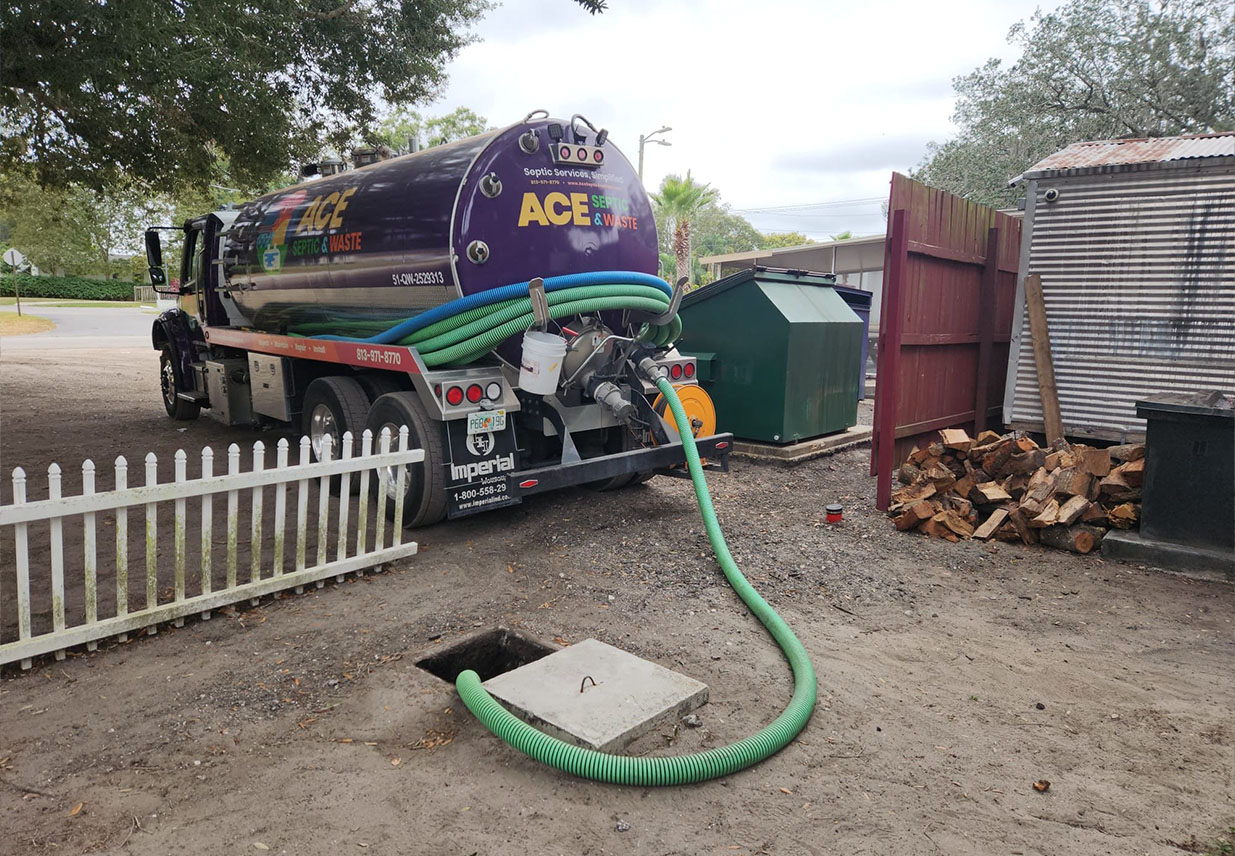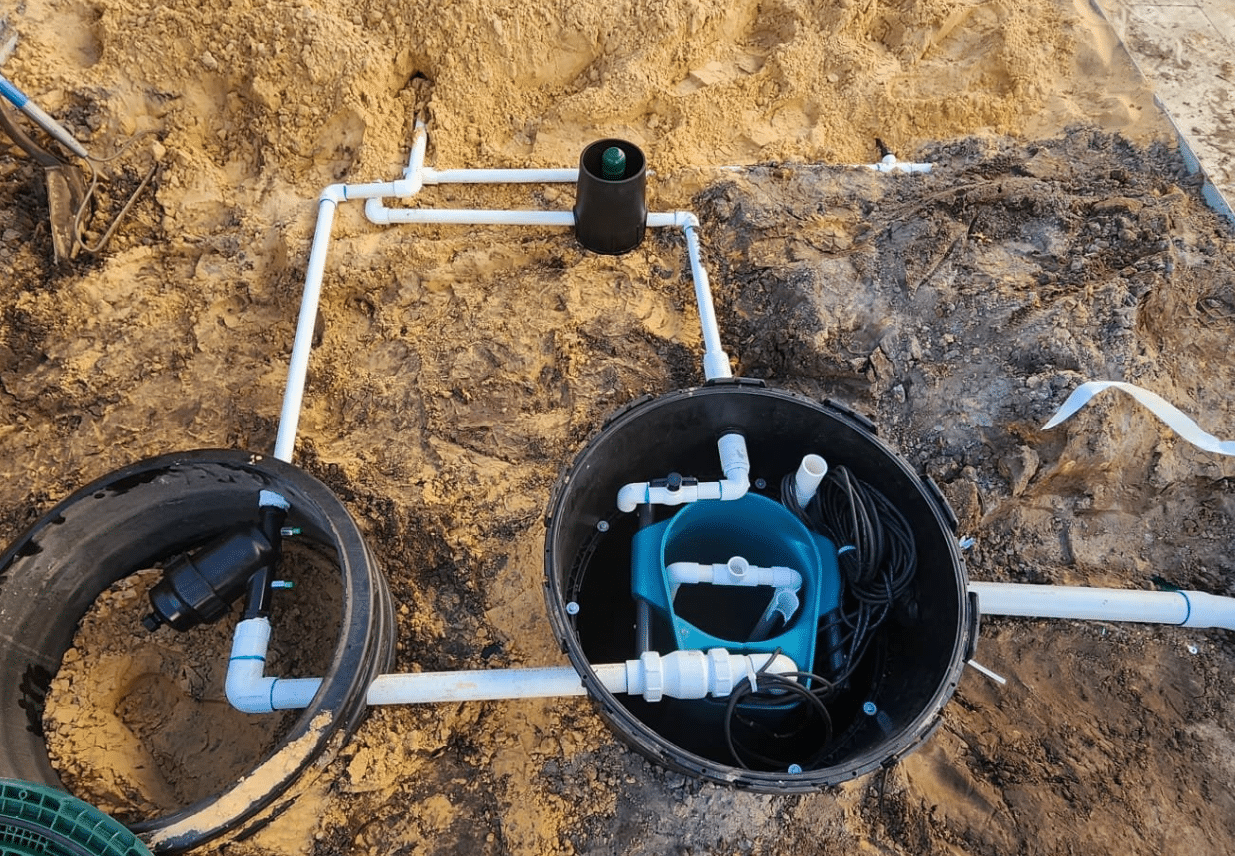Introduction
In the world of waste management, septic tanks play a vital function, especially for homes that are not linked to community sewage system lines. Among the most crucial elements of a healthy septic system is germs. These microbes are the unrecognized heroes that assist break down waste, preserve system balance, and avoid back-ups and blockages. But how does this intricate dance of germs work? Why is it essential to establish a proper pumping schedule? In this post, we will check out "The Function of Bacteria in a Healthy Septic System and Pumping Schedule," discovering the relationship in between bacterial activity, system health, and upkeep practices like septic tank pumping.
Understanding Septic Systems
What is a Septic System?
A septic tank is an underground wastewater treatment structure commonly utilized in rural areas. It consists of a septic system and a drain field. Wastewater from the home flows into the sewage-disposal Septic tank Pumping tank, where solids settle at the bottom while lighter products float to the top.
Components of a Septic System
Septic Tank: The heart of the system where initial treatment occurs. Drain Field: The location where treated water is dispersed into the soil. Soil: Acts as a natural filter for effluent.How Do Septic Systems Work?
When wastewater enters the sewage-disposal tank, bacteria start breaking down organic matter through anaerobic food digestion-- a procedure that doesn't need oxygen. This breakdown lowers strong waste volume and changes hazardous pathogens into harmless byproducts.
The Role of Bacteria in a Healthy Septic System and Pumping Schedule
Bacteria are important for preserving a functional septic system. Without them, waste would build up quickly, causing obstructions and unpleasant odors. Nevertheless, not all germs are developed equal; some are beneficial while others can interrupt the balance required for an efficient system.
Types of Bacteria in Septic Systems
Anaerobic Bacteria: Grow in environments without oxygen; responsible for breaking down strong waste. Aerobic Bacteria: Require oxygen; typically found in drain fields to additional treat effluent.Benefits of Healthy Bacterial Activity
- Decomposition of organic matter minimizes sludge buildup. Prevention of clogs and backups. Minimization of foul odors.
Factors Affecting Bacterial Health in Septic Systems
Several factors can affect bacterial populations in your septic system:
Water Temperature
Bacterial activity thrives within specific temperature ranges (ideally in between 50 ° F-80 ° F). Extreme temperatures can prevent their effectiveness.
Chemical Imbalances
Household chemicals (like bleach) can kill off advantageous germs. Thus, it's essential to use these compounds sparingly.
Excessive Water Flow
Heavy rainfall or overuse of water can wash away valuable bacteria or dilute their concentrations, affecting their efficiency.
Importance of Regular Upkeep and Pumping Schedule
Regular upkeep is vital for keeping your septic tank operating effectively. One vital element is developing a septic tank pumping schedule.
Why is Sewage-disposal tank Pumping Necessary?
Pumping removes accumulated sludge from your tank before it overflows into the drain field or supports into your home.
Indicators You Need Pumping
- Foul smells near your tank or drain field. Slow drains pipes inside your home. Lush spots on your lawn above the drain field.
Recommended Pumping Frequency
Most specialists advise pumping every 3-5 years; nevertheless, this might vary based upon home size and water use patterns.
Signs Your Septic System Needs Attention
Awareness is key when it concerns maintaining your septic tank's health:
Common Symptoms of Trouble
Unpleasant smells near the tank or drain field. Standing water around your yard. Slow draining pipes sinks or toilets. Frequent backups in plumbing fixtures.How to Maintain Optimum Bacterial Levels
Maintaining healthy bacterial levels includes more than simply routine pumping; it likewise consists of avoiding hazardous practices:
Avoid Severe Chemicals
Opt for naturally degradable cleaners whenever possible to preserve bacterial health.
Limit Water Usage
Be conscious about water usage throughout heavy rains or when utilizing washing makers to avoid frustrating the system.
Best Practices for House owners with Septic Systems
Adopting finest practices can prolong your system's life:

Reduce strong waste entering the tank (e.g., coffee premises). Avoid flushing non-biodegradable items (wipes, plastics). Regularly check your tank for indications of wear or damage.
Septic Tank Pumping Process Explained
Understanding what happens during pumping can demystify this vital maintenance job:
A professional shows up with specialized equipment. They get rid of sludge using suction tubes connected to trucks. The entire procedure normally takes thirty minutes to an hour depending upon conditions.Choosing Professional Assistance for Your Septic Needs
Engaging experts like Ace Septic & & Waste ensures quality service customized to keep optimum functionality.
FAQ Section
What takes place if I do not pump my sewage-disposal tank regularly?
Failure to pump can result in overflow problems or pricey repairs due to backups and system failure.
Can I include bacteria products after pumping?
While some items declare to increase bacterial levels post-pumping, naturally occurring germs generally are sufficient if preserved effectively through regular use habits.
How do I understand if my drainage field is failing?
Signs consist of standing water above it or persistent odors originating from that location-- this indicates saturated soils not able to absorb wastewater effectively.
Is it safe to utilize my washing maker throughout heavy rains?
Heavy usage throughout rainy durations might overwhelm existing systems; attempt shocking loads up until dry weather condition returns for optimum performance!
How long does it take after pumping before I can use my plumbing again?
After pumping services are completed effectively-- normally within hours-- your plumbing must be operating generally unless other problems arise!

What needs to I do if my toilet won't flush after pumping?
If you experience flushing concerns post-service-- it could be a sign that extra attention is needed in other places within your plumbing network!
Conclusion
Understanding "The Function of Bacteria in a Healthy Septic Tank and Pumping Arrange" gears up homeowners with valuable knowledge about among their most important home systems-- helping guarantee durability while avoiding expensive repairs! Keep in mind: Keep regular upkeep schedules with experts like Ace Septic & & Waste at the forefront because they help foster thriving bacterial communities vital for reliable waste management!
By nurturing these small assistants through diligent practices-- your home's wastewater will flow efficiently without interruption enabling you peace-of-mind alongside environmental sustainability!